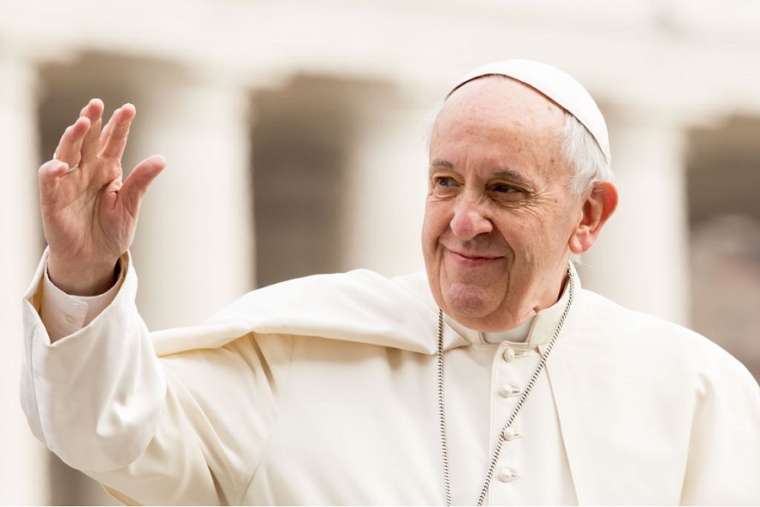Pope Francis has yet again made waves among conservative Roman Catholics for saying in an interview – at least allegedly – that souls who are not redeemed will just “disappear.” Speaking in an interview with his longtime atheist friend, Eugenio Scalfari, Francis claimed that not only would souls cease existence, but that there was in fact, “no hell.” It is worth noting for fairness that the Vatican denies that the reporting is accurate. However, Scalfari – who is a longtime friend of the Pope – does not have a history of misreporting facts.
According to Scalfari’s publication, La Repubblica, Francis said:
They are not punished, those who repent obtain the forgiveness of God and enter the rank of souls who contemplate him, but those who do not repent and cannot therefore be forgiven disappear. There is no hell, there is the disappearance of sinful souls.
Francis’ words were translated by the respected blog, Rorate Caeli. In spite of the Vatican’s denials, Scalfari and La Repubblica are standing by their reporting.
Apparently, Francis and Scalfari have discussed this before. Francis’ words were in response to the following, from Scalfari:
Your Holiness, in our previous meeting you told me that our species will disappear in a certain moment and that God, still out of his creative force, will create new species. You have never spoken to me about the souls who died in sin and will go to hell to suffer it for eternity. You have however spoken to me of good souls, admitted to the contemplation of God. But what about bad souls? Where are they punished?
Francis’ statement is at odds with the Catechism of the Catholic Church, which affirms the existence of hell and eternal, conscious torment. The Catechism reads:
1034 Jesus often speaks of “Gehenna” of “the unquenchable fire” reserved for those who to the end of their lives refuse to believe and be converted, where both soul and body can be lost.612 Jesus solemnly proclaims that he “will send his angels, and they will gather . . . all evil doers, and throw them into the furnace of fire,”613 and that he will pronounce the condemnation: “Depart from me, you cursed, into the eternal fire!”614
1035 The teaching of the Church affirms the existence of hell and its eternity. Immediately after death the souls of those who die in a state of mortal sin descend into hell, where they suffer the punishments of hell, “eternal fire.”615 The chief punishment of hell is eternal separation from God, in whom alone man can possess the life and happiness for which he was created and for which he longs.
1036 The affirmations of Sacred Scripture and the teachings of the Church on the subject of hell are a call to the responsibility incumbent upon man to make use of his freedom in view of his eternal destiny. They are at the same time an urgent call to conversion: “Enter by the narrow gate; for the gate is wide and the way is easy, that leads to destruction, and those who enter by it are many. For the gate is narrow and the way is hard, that leads to life, and those who find it are few.”616
Since we know neither the day nor the hour, we should follow the advice of the Lord and watch constantly so that, when the single course of our earthly life is completed, we may merit to enter with him into the marriage feast and be numbered among the blessed, and not, like the wickedand slothful servants, be ordered to depart into the eternal fire, into the outer darkness where “men will weep and gnash their teeth.”617
Francis has made numerous statements throughout the years that would lead any rational observer to assume he is either a Universalist (believing all will go to Heaven) or an annihilationist (believing the souls of the damned will cease existence, avoiding hell).
The Vatican has recently stated, in response to the La Repubblica story, that “What is reported by the author in today’s article [in La Repubblica] is the result of his reconstruction, in which the textual words pronounced by the Pope are not quoted. No quotation of the aforementioned article must therefore be considered as a faithful transcription of the words of the Holy Father.”
La Repubblica is standing by the reporting of Scalfari, Francis’ longtime friend.










